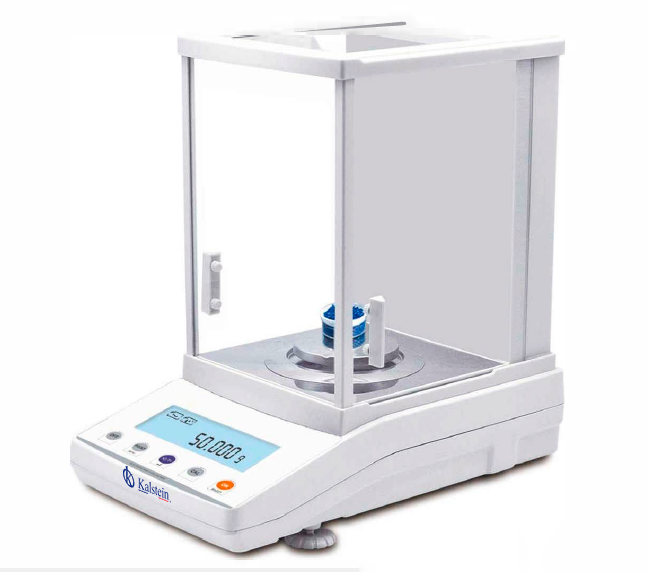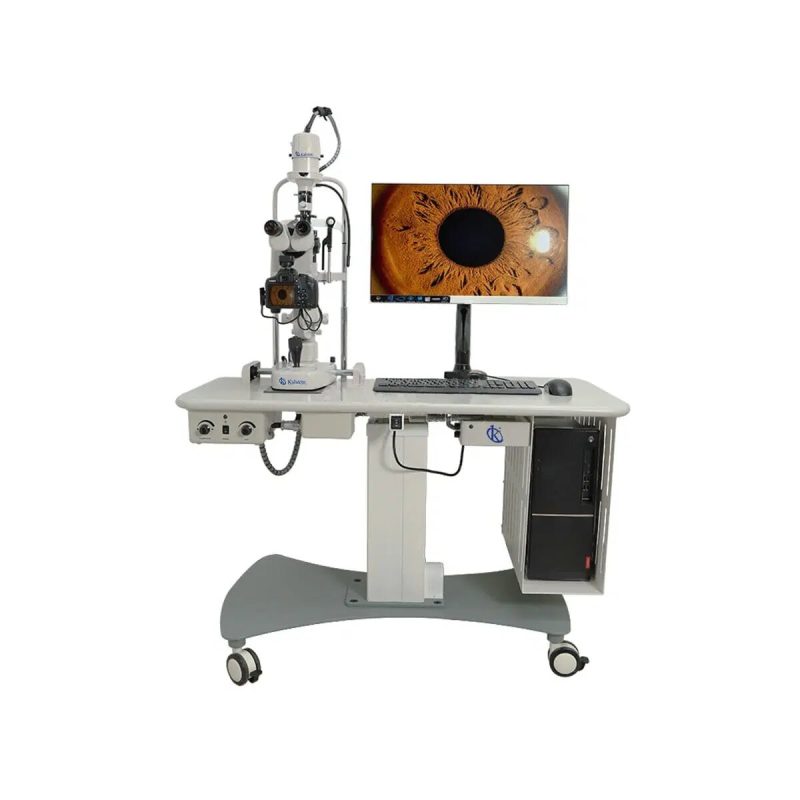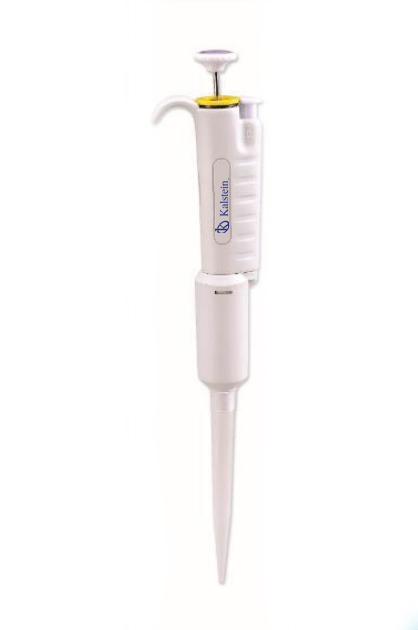Laboratory Precision Balances: Exact Control for Scientific Processes

In the scientific and research fields, precision is essential. Laboratory balances are crucial instruments to ensure accurate and reliable results in analyses. Today, I want to share my experience with high-precision balances that I have tested, particularly focusing on those from Kalstein.
Veterinary Lamps: Optimal Lighting for Clinical and Surgical Procedures

Veterinary lamps are an essential component in any clinic or surgical room, providing the necessary lighting required to carry out clinical and surgical procedures efficiently and safely. Throughout my career as a veterinarian, I have witnessed the importance of having quality lighting during examinations and operations. In this article, I will explore the veterinary lamps from the Kalstein brand, their features, benefits, and applications in veterinary practice.
The Most Reliable Option for Animal Weighing

Using a precise and reliable veterinary scale is essential for ensuring the well-being and health monitoring of animals. In my experience with the line of veterinary scales, I have been able to appreciate the difference that such a tool can make, not only in the accuracy of measurements but also in the comfort and safety of both the professional and the animal.
Excellence in Precision and Safety: Kalstein Pipettes Leading the Way in the Laboratory

Pipettes are essential instruments used in various laboratory applications to transfer liquids precisely and safely. These devices are often use in biological, chemical, and medical experiments, among others. Therefore, the choice of the correct pipette is crucial in the experiment’s precision. This is where Kalstein, as an expert manufacturer, offers an undeniable advantage with its variety of top-quality pipettes.
Pediatric Phototherapy Incubator: Safe and Effective Treatment for Neonatal Jaundice

The Pediatric Phototherapy Incubator is a fundamental medical device in the treatment of neonatal jaundice, a condition that affects many newborns. This disease is characterized by an increase in bilirubin in the blood, which can lead to complications if not treated properly. In my experience as a healthcare professional, I have seen how phototherapy incubators are essential to ensure effective and safe treatment in these cases. Throughout this article, I will share my knowledge about pediatric phototherapy incubators, specifically the models from Kalstein, as well as their importance, features, and benefits.
Pediatric Phototherapy Incubator: Safe and Effective Treatment for Neonatal Jaundice

The Pediatric Phototherapy Incubator is a fundamental medical device in the treatment of neonatal jaundice, a condition that affects many newborns. This disease is characterized by an increase in bilirubin in the blood, which can lead to complications if not treated properly. In my experience as a healthcare professional, I have seen how phototherapy incubators are essential to ensure effective and safe treatment in these cases. Throughout this article, I will share my knowledge about pediatric phototherapy incubators, specifically the models from Kalstein, as well as their importance, features, and benefits.
Precision and Quality for Reliable Research Results

When it comes to scientific research, reagents play a crucial role in obtaining precise and reliable results. As someone who has worked with various types of reagents, I can say that finding a reliable and high-quality supplier is essential. Kalstein, with its renowned line of reagents, offers a variety of products that stand out for their precision, quality control, and market competitiveness.
Sealing Machine: Efficient Solutions for Hermetic Packaging in Laboratories

In the world of science and technology, the need to preserve the integrity of materials and products is essential. In laboratories and clinical settings, one of the most important tools to achieve this is the sealing machine. This equipment not only ensures that products are properly packaged but also guarantees protection against contaminants and extends the shelf life of materials. After experiencing the use of various sealing machines throughout my professional career, I can affirm that these tools are crucial for maintaining the quality and efficacy of products in any laboratory.
Scientific Refrigerators: Stable Temperature Control for Testing and Storage

Scientific refrigerators and freezers are essential in any modern laboratory, as they provide stable and precise temperature control for the storage and preservation of sensitive samples. These devices play a key role in various scientific applications, such as the preservation of reagents, biological samples, and cell cultures. Refrigerators and freezers are specifically designed to maintain the stability of stored materials at controlled temperatures, reducing fluctuations that could compromise experimental results.
Ultra-Low Freezers: Secure Storage for Critical Samples at -80°C

When working in a laboratory, we know that sample preservation is one of the most critical aspects. Ultra-low freezers and refrigerators are essential for maintaining the integrity of biological samples, reagents, and other elements that need to be stored at extremely low temperatures. Storage at -80°C is the standard for many types of samples, such as DNA, RNA, proteins, and cell cultures, as it prevents degradation and ensures long-term stability.

